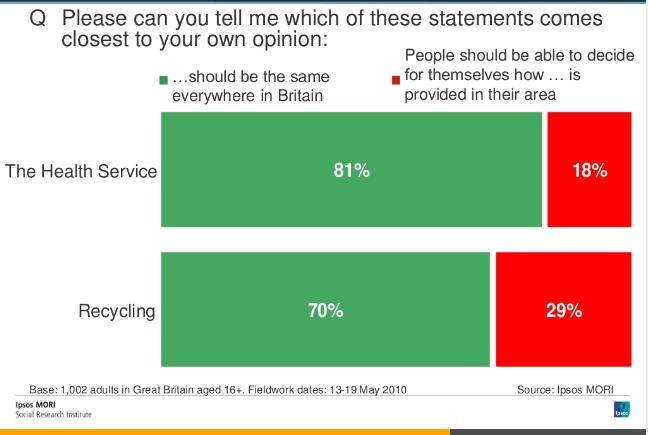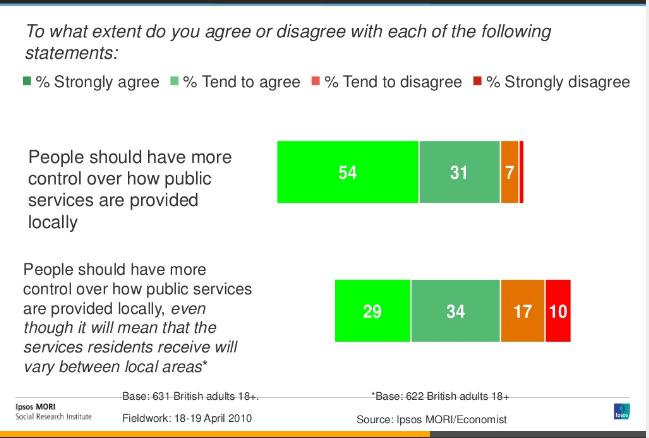
Image of MediaCity, Manchester by Neil Howard under Creative Commons
By Morwen Johnson
They control combined budgets of over £10bn, deliver 24.4% of the combined economic output of England, Scotland and Wales, and are home to over 21 million people. What are they? The Core Cities of the UK – and as pre-election lobbying ramps up a gear they are at the forefront of the devolution debate.
Last week I attended the Core Cities Devolution Summit. This event, hosted in Glasgow, marked the launch of a modern charter for local freedom. It also gave those interested in the current cities agenda a chance to hear from the city leaders on the potential benefits of reform.
I won’t summarise the charter, or the main recommendations of a new report from ResPublica which argues for the fullest possible devolution of public spending and tax raising powers to the UK’s largest cities and city regions. Instead, here are a few reflections on the day.
Bespoke devolution
The hype over Manchester’s recent devolution agreement with the Treasury shouldn’t distract from the fact that devolution is not a one-size-fits-all model. The idea isn’t to try and mimic Manchester’s journey – what’s on the cards is an approach that takes account of local circumstances.
I’m not sure that the end result of this – potentially radically different priorities in revenue generation, service delivery and spending between neighbouring metropolitan areas – is being communicated in a transparent way. Ben Page from IpsosMori shared some interesting survey results which suggest that public opinion also lags behind the political agenda:
Mention devolution and one of the immediate responses of naysayers is to complain it’s just yet another layer of governance – more costs, more staff, more vested interests. This was raised during Q&A and the panel responded by saying that what they are proposing doesn’t require massive reorganisation – it’s about effective leadership. The same pots of money are used but funds can be accessed in different ways for different purposes.
This was only half-convincing. Repeated reference to place-based decision-making (breaking down functional /organisational silos to ensure services are focused on outcomes and those residents with complex needs) didn’t really explain how you build the trust and political capacity that’s needed to roll out transformation across multiple agencies/workforces at the same speed and scale.
Equalities
Presenting a different perspective on the day was Professor Lesley Sawers, who highlighted the risks of unintended consequences from devolution in terms of social justice and inequalities. She argued that so far localism has led to an approach to investment that has not been particularly effective in tackling equalities issues.
Cities should be great agents of social reform but the rhetoric around growth has a tendency to focus on infrastructure and macroeconomics – ignoring social challenges such as skills, poverty and under-achievement. And it may seem an easy point to score, but running an event with only 3 female speakers out of 25, didn’t really send a great message to observers. Don’t even mention the lack of ethnic diversity on the platform.
What now?
The devolution agenda may be the ‘only show in town’ but whether the core cities can take advantage of this to benefit and engage their own populations remains to be seen.
The Idox Information Service has a wealth of research reports, articles and case studies on governance and city regions. Members receive regular briefings as well as access to our Ask a Researcher enquiry service.




You must be logged in to post a comment.